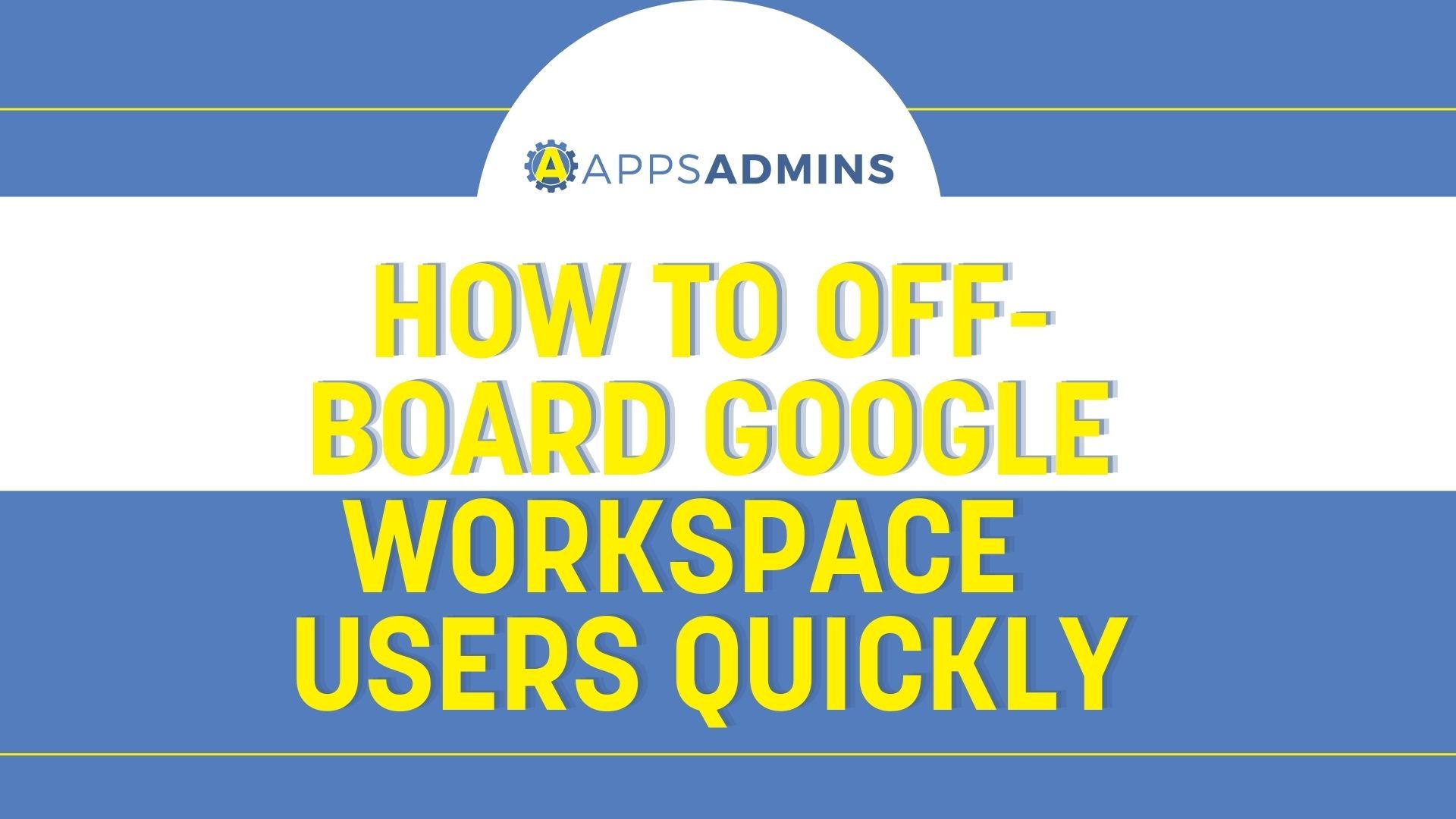G Suite Business Free for 30 Days
Sign up for a Free 30 Day Trial of G Suite Business and get Free Admin support from Google Certified Deployment Specialists.


No matter the size or scope of your business, one of the most crucial features in your technology stack, will be your communication strategy.
The people in your team need to be able to connect with each other, and the outside world if you hope to have a chance of driving successful growth and sales. However, today's businesses don't just want another phone system that they can add to their growing pile of tech tools. Instead, companies are looking for a phone system that integrates into their UC, or unified communication strategy.
With a UC solution, you can combine all of your communication and collaboration needs into a single platform, reducing the amount of back-end maintenance and extra bills that you have to worry about. It's no wonder that the UC market is expected to reach a value of $167.1 billion by 2025.
Right now, if you're a G-Suite user, you're going to need a communication tool that integrates with the rest of your productivity stack, including things like Google Hangouts, Docs, Sheets and even Gmail. The good news? You've got 3 options available.
Here's your guide to the 3 top choices for UC in a G-Suite environment.
1. Google Voice
If you're already a G-Suite customer, then the most obvious choice for voice will be something that was designed by the Google team. Google Voice is an app that's free to use and provides users with a phone number, as well as a host of features and tools to make business communication simpler. You can access the functionality on any desktop or mobile device through your G-Suite account, and even launch calls directly from Gmail or your Google Calendar
Calling in Canada and the US is free with Google Voice, and international calls are relatively inexpensive too. That makes this option a fantastic choice for smaller businesses that want to keep costs low. Features include:
- Privacy protection and dedicated numbers for your business
- Call forwarding to help you manage high-business call volumes by routing your conversations to the appropriate team members at the best possible times
- Automatic blocking of calls sent by known spammers and fraudulent companies. These calls can be sent to voicemail, so you can work more efficiently without having to worry about spam calls.
- Number choice: Pick the Voice number that appeals to you from a list of option, including local numbers to help you reach out to your audience with a more credible image.
- Email transcription: You can set your Google Voice system up to automatically transcribe a call voicemail into an email that's sent to you wherever you are. This is beneficial for remote workers and people who get a lot of calls.
However, for the time being, there are some limitations to what you can accomplish with Google Voice. Personalized user support is pretty limited, so you'll need to rely heavily on the forums and self-help documentation provided by Google to solve your own problems. Additionally, the quality of your call through Google Voice will depend heavily on your device and location.
Although Google Voice has been around for a while now, Google has only recently begun to place a significant focus on delivering practical tools for enterprise UC users. Ultimately, the company's limited standing in the market really shows through. Right now, Google is lagging behind its competition.
2. RingCentral
While Google has plenty of functionality to offer for smaller businesses without a lot of robust calling needs, it's just not going to be enough for some larger companies. For those in need of a more advanced experience, a better option may be to choose a well-known voice and communications provider like RingCentral.
RingCentral is one of the most popular communications companies in the world, offering cloud and on-premise conversations to businesses around the world. RingCentral was even named a 2019 Magic Quadrant leader in UC as a service by Gartner. Crucially, while RingCentral's voice and calling features are built using the company's proprietary technology, that doesn't mean that you can't embed RingCentral into your existing communication stack and use it as part of a full UC strategy. RingCentral integrates perfectly with a vast variety of G-Suite features, so you can still get an immersive experience when using RingCentral tools within your UC strategy.
Features of RingCentral UC include:
- Support for calling and mobile conversations so your employees can connect wherever they are.
- Advanced collaboration features in the form of RingCentral Glip, designed for instant messaging, file sharing, and screen sharing.
- Standard calling features like call screening, caller ID, call logs, auto-receptionist and hold music, as well as message alerts and call screening, so you have complete control over your calls.
- Voicemail assistance for converting your voicemails into email and text when you're on the go, and visual voicemail.
- Integrations with a wide variety of popular applications and tools, including Microsoft Office, Google, Dropbox, Zendesk and Salesforce.
- Mobile apps so you can control your call system from a distance or use your smartphone as a soft phone when you're on the move, with access to the same business number that you have in your office.
Another thing that really makes RingCentral stand out as a better choice for UC over Google right now is the fact that it comes with the option to implement contact center tools. If you need to extend your communication strategy so you can manage external calls with customers just as well as your internal calls with colleagues, then RingCentral has plenty of contact centre features available. You can enhance your cloud strategy with progressive and predictive dialers, call distributors, outbound dialing, IVR systems, and more.
If you're a mid-sized enterprise and you're taking the next step on your digital transformation journey with a cloud-based phone deployment, RingCentral could be the best choice. Capable of offering a professional and market-leading service for unified communications, collaboration and contact centre management, RingCentral give you everything you need in one combined package.
3. Dialpad
Finally, we come to Dialpad, another major contender in the communications marketplace. Dialpad has a fantastic reputation for its reliable and consistent call quality, as well as things like HD video calling, SMS support, and conference calling. For the most part, Dialpad, like Google is recommended for smaller companies without a considerable corporation full of people to interact with. That's because the lower Dialpad pricing packages only cater to about 10 people per conference call. The good news is that Dialpad is a very affordable way to add telephony to your UC system, with plenty of budget-friendly plans to choose from.
Features include:
- Access on your computer, tablet, or smartphone so you can communicate however and whenever you like.
- Messaging, voice, and video support for today's omnichannel communication strategies.
- State-of-the-art security for peace of mind in your day-to-day discussions.
- Exceptional call control technology throughout, including call forwarding and call queuing.
- Integrations with a range of leading apps for CMS, customer management, and organization.
Another thing that makes Dialpad great for people who use G-Suite, is the fact that the person responsible for the company, CEO Craig Walker, also worked on the Google Voice tech too. It's no surprise that when building out his own communications system for UC users, Dialpad's CEO decided to implement plenty of integrations for Google products like Drive and Calendar. What's more, Dialpad users can also enjoy access to things like Slack, Hubspot, Dropbox, and Evernote too.
As an all-in-one communication suite, Dialpad is a great way to keep UC simple for small to mid-sized businesses.
Which Option Should You Choose?
So, which company should you rely on to bring a voice to your G-Suite experience? It all depends on what you want out of your UC stack.
For G-Suite users, it might seem like Google Voice is the best option. However, this somewhat simple approach to call is still lacking a lot of functionality, which may mean that it's better suited to smaller businesses and freelancers than larger enterprises. The good news is that Google is working on making its enterprise features more immersive, so you may find that this tool becomes more impressive as time goes on.
Dialpad seems to be another great choice that's specifically designed for smaller companies. If you're a small brand and you want a reliable phone system that comes with the support of a robust and committed team, then it's hard to go wrong with Dialpad. What's more, the full range of integrations you get with other tools makes it easier to develop a full UC stack.
For larger companies and businesses with call centers to think about, RingCentral seems to be the go-to option. If you take or make a high volume of calls each day, RingCentral will give you the functionality you need for phone, video, and text support. This fully-featured UCaaS solution makes it easier for bigger businesses to embrace the many benefits of UC on the cloud.
.jpg?width=818&name=appsadmins-svg-rules-1%20(2).jpg)







